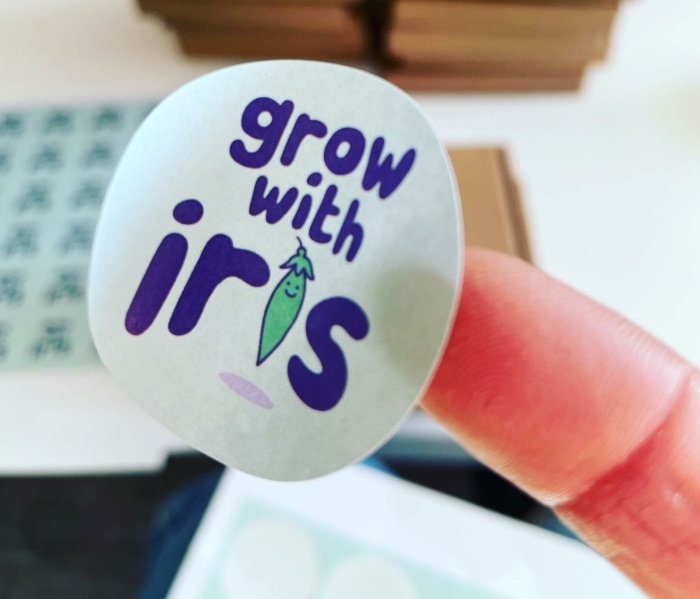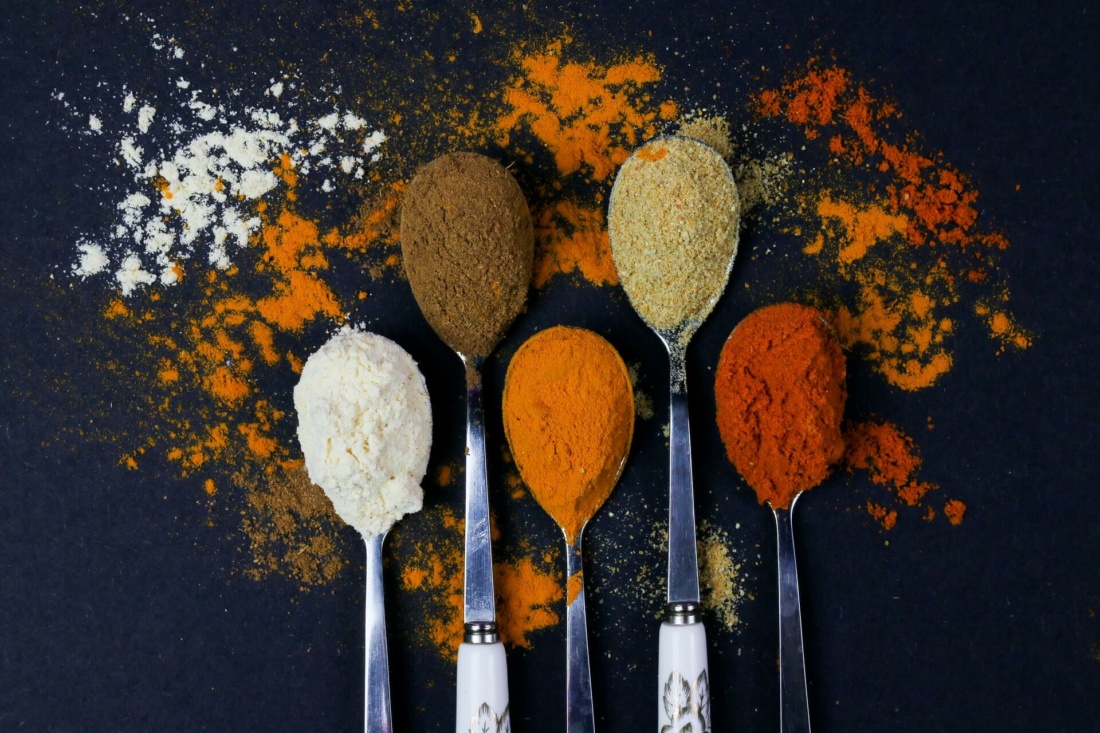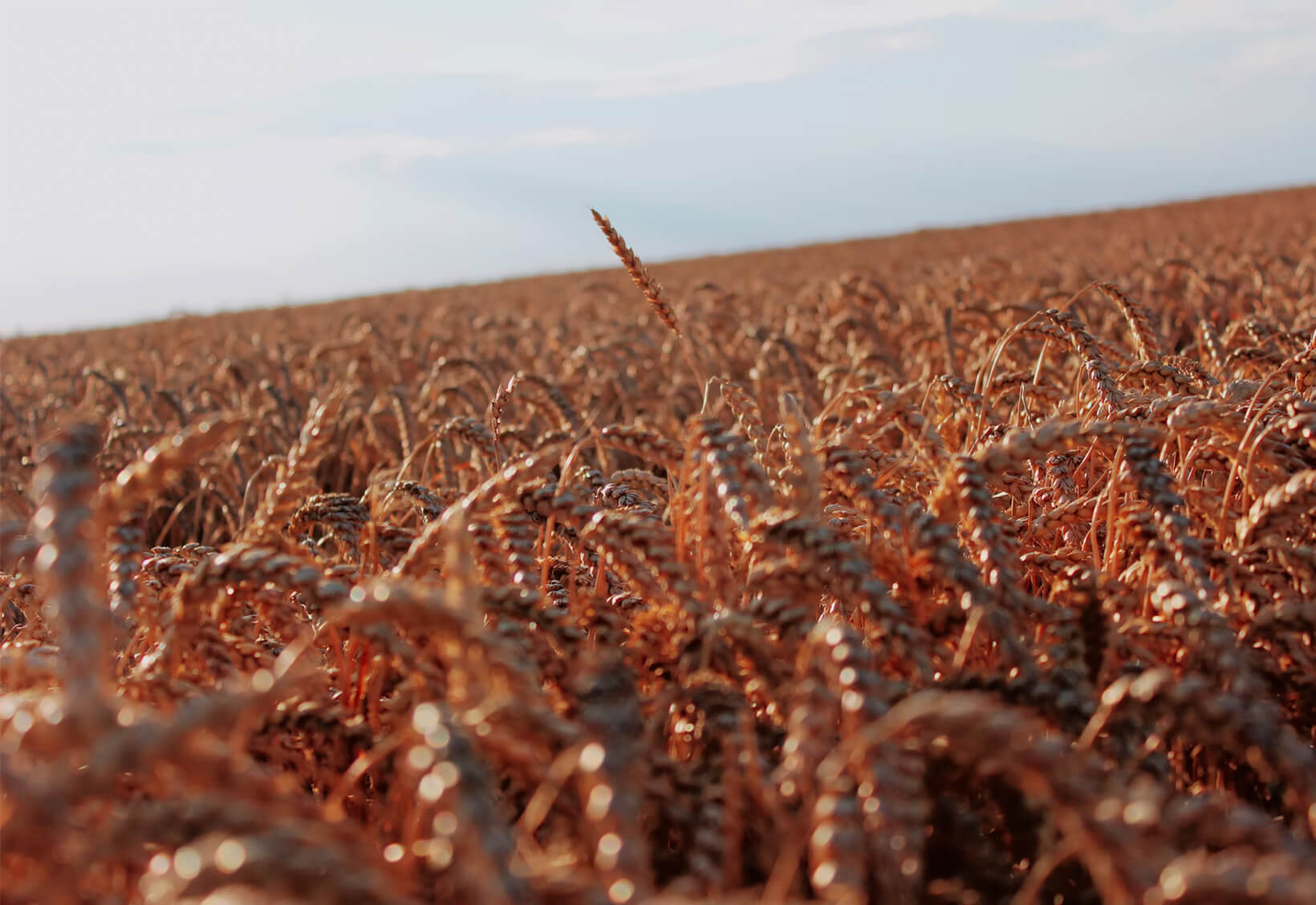6 Signs That You Might Be Gluten Intolerant
By Christine Lewis
If you are experiencing one of the below symptoms, it might be a sign you are gluten intolerant:
- Abdominal symptoms after eating gluten;
- Bloating and or abdominal pain, loose stools and alternating constipation;
- Brain fog, or a foggy mind;
- Fatigue;
- Joint pain;
- Headaches;
- Skin rashes or new skin conditions.
Top four gluten-triggered gut conditions
Gluten can cause several different gut responses, all of which can lead to gut tissue inflammation and discomfort; they are known as:
- Gluten intolerance is the inability to digest gluten which causes an imbalance of gut bacteria and inflammation;
- Gluten sensitivity, also known as non-coeliac gluten sensitivity, is a delayed immune response to the protein in grains, which causes gut inflammation;
- Wheat allergy is an immediate, acute immune response to wheat;
- Coeliac disease is a serious autoimmune disease caused by the gluten protein gliadin found in wheat, barley and rye.
What is gluten intolerance
Gluten intolerance often appears after intense periods of stress, which has the effect of creating changes to the bacteria and environment of the gut. It is understood that gluten intolerance is caused by an inability to break down and digest the gluten protein called gliadin.
What is gluten sensitivity
Gluten sensitivity is a delayed immune response often occurring hours or days after eating gluten, making it difficult to associate with symptoms. It is unknown if gluten intolerance leads to gluten sensitivity, but the prolonged use of gluten can trigger further food intolerances. Gluten intolerance and gluten sensitivity have very similar symptoms, and their origins are not fully understood.
Signs of gluten intolerance and gluten sensitivity
- Abdominal pain
- Bloating
- Diarrhoea
- Nausea/ vomiting
- Headaches
- ‘Foggy mind’/ difficulty concentrating
- Anxiety/ depression
- Joint/ muscle pain
- Numbness in arms and legs
- Skin rashes
What is a wheat allergy
A wheat allergy is an immediate immune response to wheat, known as an IgE immune reaction.
Signs of a wheat allergy
- Urticaria, also known as hives, or nettle rash, is a raised, itchy rash that appears on the skin.
- Atopic dermatitis or Eczema
- Asthma
- Sneezing
What is Coeliac disease
Coeliac disease is an autoimmune disease where the body attacks its own tissue as a response to eating gluten. This reaction causes damage to the gut lining preventing the absorption of nutrients from food. Coeliac disease is not an allergy or food intolerance and can lead to further problems of osteoporosis and anaemia.
Top Five Symptoms of Coeliac Disease
Abdominal pain; bloating, and stomach cramps
Diarrhoea
Unexplained weight loss
Mouth ulcers
Anaemia
Top Five Risk Factors for Coeliac Disease
A skin condition called dermatitis herpetiformis
Having a family member with Coeliac Disease
Type 1 diabetes
Autoimmune thyroid disease
Osteoporosis
How do I know if I have Coeliac disease
It is essential to first rule out Coeliac disease through a blood test with your GP. Before you do this, you will need to continue to eat gluten-containing foods. Your body needs to be producing the autoantibody for the test to show a positive result for Coeliac disease.
If you have been diagnosed with coeliac disease, you should strictly avoid all gluten-containing foods. If you test negative for Coeliac disease, your GP will consider other conditions such as Irritable bowel syndrome (IBS) or Irritable bowel disease (IBD). IBS is a common condition and shares similar symptoms to gluten intolerance and gluten sensitivity, and for some, the avoidance of gluten reduces IBS symptoms.
The information in this article should not replace the guidance from your GP. Please speak to your doctor if you are concerned about any of the conditions discussed.
Sources:
Alonzo-Llamazares J, Gibson LE, Rogers RS. (2007) Clinical, pathologic, and immunopathologic features of dermatitis herpetiformis: review of the Mayo Clinic experience. International Journal of Dermatology.
Ungprasert P, Wijampreecha K, (2017) Psoriasis and risk of Celiac Disease: A systematic review and meta-analysis. Indian J Dermatol.
Park J. et al. (2019) A Pilot Study about Possible Gluten Sensitivity in Korean Urticaria Patients
Egeberg A. et al. (2016) Rosacea and gastrointestinal disorders: a population-based cohort study
Losurdo G. et al. (2018) Extra-intestinal manifestations of non-celiac gluten sensitivity: An expanding paradigm
Thank you
Thank you for reading this article. If you have enjoyed it, you might want to also read “Coeliac disease and getting your child diagnosed“.


























